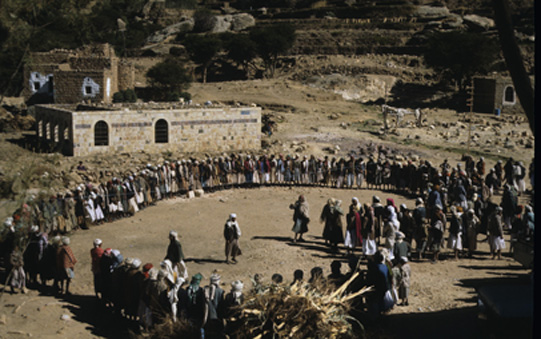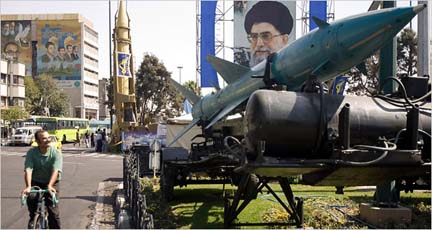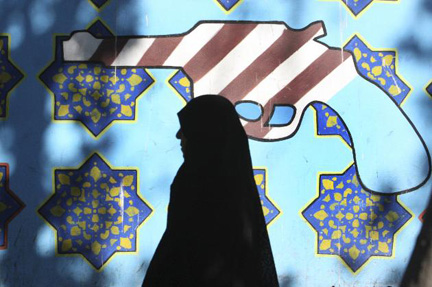
by Juan Cole, History News Network, May 7, 2012
Mitt Romney said Monday that of course he would have taken out Osama bin Laden and that “even Jimmy Carter would have made that call.”
Since Jimmy Carter ordered a brave and risky but failed military mission into Iran, that was a cheap shot on the part of someone who has never had anything to do with the military. Moreover, Jimmy Carter made peace between Egypt and Israel and played a major role in reducing the number of Africans stricken by the Guinea worm from 3.5 million to 1,100. So Romney, who has mainly been sending our jobs overseas, isn’t good enough to shine Carter’s shoes.
Moreover, Romney is forgetting what he said about Obama when bin Laden was killed:
“I think the president deserves credit for approving a relatively high-risk entry into the country with helicopters and special operations personnel, Navy SEALs,†Romney said. “That was the thing that proved to be successful.â€
So at the time, Romney acknowledged that Obama made the decision, and that it was a high-risk strategy that he approved (advisors such as Joe Biden preferred a missile strike). Continue reading On Islam, Romney Doesn’t Have the Slightest Idea What He’s Talking About





